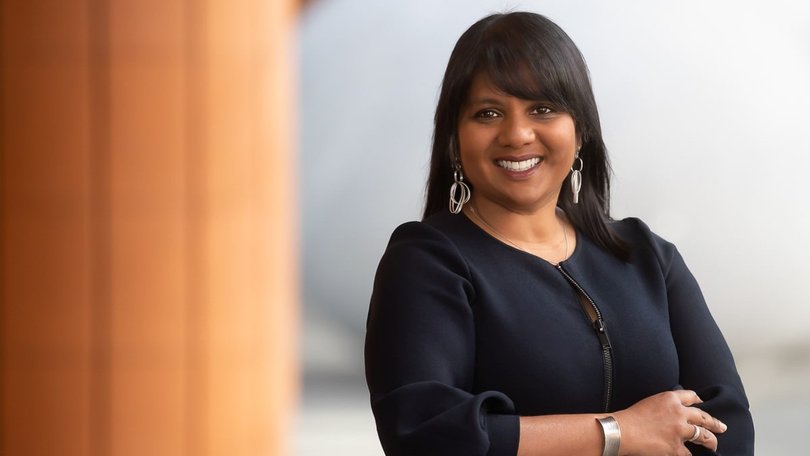Growing cohort of wealthy family offices plough more money than ever into private equity

Family money has proven to be a flourishing new investment force in Australia’s $139 billion private capital pool, now spending more money proportionally than superannuation funds.
Wealthy families who use what’s known as a family office to manage their money have become “substantially more active” investors in the past few years, according to a new report from the Australian Investment Council.
Since 2019 they have grown from 7 per cent of investors in private capital to 36 per cent in 2023, AIC’s new research showed, overtaking Australia’s superannuation sector as a proportion of investors overall.
Sign up to The Nightly's newsletters.
Get the first look at the digital newspaper, curated daily stories and breaking headlines delivered to your inbox.
By continuing you agree to our Terms and Privacy Policy.“In terms of proportion, superannuation funds accounted for 47 per cent of all Australia-based investors in 2019, while in 2023 this figure had fallen to 20 per cent. This could be due to a trend of mergers between superannuation funds and their need to invest at scale,” AIC’s private capital market overview read.
One of the biggest private equity deals of the past two years was completed by a family office. Andrew and Nicola Forrest’s renewable energy division Squadron paid $4 billion for a suite of wind, solar and battery farms from CWP Renewables in 2022.
A family office operates in the same way a company would and therefore requires the same number of staff and expertise to keep it running efficiently, which means they are only worth having if you have at least $100 million in the bank, University of Western Australia finance professor Raymond Da Silva Rosa said.
“A lot of wealth has been accumulated ... as a result of that there’s a lot more wealth concentrated in families,” he said.
“Then they have a choice, they can either hand it out to a managed fund or they can do it themselves.
“That increasing concentration of wealth gives them the level of scale to take on the investments directly.”
Broadly AIC’s new report said that Australian private capital — which includes everything from family offices to private debt, equity, venture capital and real estate funds — had shown strong growth in the past five years.
But higher interest rates and a weaker economy put the handbrake on that streak for 2023, with private capital fundraising tumbling 43 per cent from 2022 to $10b in 2023.
AICchief executive Navleen Prasad said private capital was a stable asset class over the long term.
“When coupled with our strengths as an investment destination including stable and well-understood legal frameworks, proximity to Asia and high-quality talent pools, it makes sense that Australia is attractive to international institutional investors,” she said.
“Notwithstanding Australia’s strengths, we do have to work harder to compete against other countries to attract the capital needed to raise productivity.”
AIC estimated overall Australia-focused private capital funds had doubled to $139b over the past four years, with about $65.5b of that in private equity and venture capital.
Originally published as Growing cohort of wealthy family offices plough more money than ever into private equity
